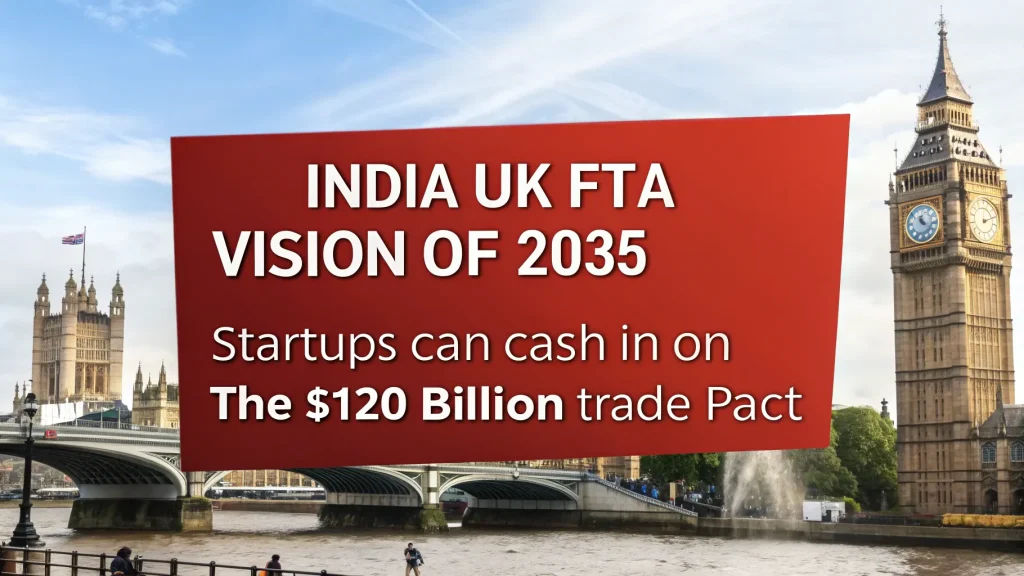Managing waste in cities has become one of the greatest challenges of modern urban development. With the continuous rise in population, increasing consumerism, and rapid urbanization, cities are struggling to keep up with the volume of waste generated daily. Improper disposal not only pollutes the environment but also poses severe health risks to urban populations. That’s why Urban Municipal Waste Management has become a critical component of sustainable city planning in 2025.
See Also: Industrial & Agricultural Waste
Understanding Urban Municipal Waste Management
Urban municipal waste consists of everyday items discarded by the public—food waste, paper, plastics, packaging, construction debris, e-waste, and more. Effective Urban Municipal Waste Management refers to the collection, transportation, processing, recycling, and disposal of these wastes in an environmentally responsible and economically viable way. It’s a comprehensive system that cities use to manage solid waste from residential, commercial, institutional, and some industrial sources.
Historically, waste was either dumped in open fields or incinerated. But as environmental awareness grew and landfill capacities reduced, the focus shifted toward integrated waste management systems. This includes reducing waste generation at the source, reusing materials, recycling, composting organic waste, and safely disposing of non-recyclables.
Components of a Successful Waste Management System
To implement successful Urban Municipal Waste Management, a city must focus on several core components:
1. Waste Segregation at Source:
Segregating waste into biodegradable and non-biodegradable categories is the first and most crucial step. Households and commercial establishments must be encouraged and trained to separate dry and wet waste properly.
2. Efficient Collection and Transport:
Using dedicated vehicles for different types of waste ensures that recyclables and compostables are not mixed with general garbage. Regular collection schedules, GPS-enabled tracking, and trained staff are necessary for an organized operation.
3. Material Recovery Facilities (MRFs):
These centers sort and process recyclable materials. Items like plastic, paper, glass, and metal are extracted from mixed waste for resale to recycling units. This step significantly reduces the burden on landfills.
4. Composting and Bio-Methanation:
Organic waste such as food scraps and garden waste can be composted or processed in anaerobic digesters to produce biogas. This not only helps manage waste but also generates clean energy.
5. Scientific Landfilling:
For residual waste that cannot be reused, recycled, or composted, scientifically managed landfills are essential. These facilities use liners, leachate collection systems, and gas extraction units to minimize environmental damage.
6. Public Participation and Awareness:
Education campaigns, incentive programs, and citizen engagement initiatives play a key role in the success of Urban Municipal Waste Management. People must be made aware of their role in reducing waste and supporting eco-friendly practices.
Modern Technologies in Waste Management
In 2025, technology plays a vital role in enhancing the efficiency and sustainability of waste systems. Smart bins with sensors alert when they are full. Drones and AI are used for monitoring landfills and illegal dumping. Waste-to-energy plants convert garbage into electricity. These innovations reduce human effort, cut operational costs, and improve accountability.
Some leading cities have adopted RFID tags on bins to track waste generation at the household level. This data helps authorities penalize non-compliance and reward citizens for responsible behavior. Robotic waste sorting and automated composting units are also becoming more popular.
Challenges Facing Urban Municipal Waste Systems
Despite these advancements, cities still face several obstacles in managing their waste effectively:
-
Lack of infrastructure: Many municipalities in developing countries lack adequate waste collection vehicles, storage bins, and treatment plants.
-
Funding issues: Waste management is a capital-intensive service. Without sufficient government support and private investment, service quality often suffers.
-
Informal sector integration: In many cities, informal waste pickers collect and recycle large volumes of waste. However, they work in unsafe conditions and remain outside official systems.
-
Public apathy: Even with infrastructure in place, if citizens do not follow waste segregation rules, the entire chain breaks down.
-
Plastic pollution: Non-recyclable and multilayer plastic packaging continues to clog drains, harm wildlife, and resist decomposition.
Addressing these challenges requires collaborative efforts from municipal bodies, private companies, NGOs, and citizens alike.
Benefits of Effective Urban Municipal Waste Management
A well-functioning Urban Municipal Waste Management system offers numerous economic, social, and environmental benefits:
-
Reduced Landfill Usage: Recycling and composting drastically reduce the volume of waste reaching landfills, extending their lifespan.
-
Energy Generation: Biogas and waste-to-energy plants provide clean alternatives to fossil fuels.
-
Job Creation: Recycling and waste processing industries generate employment for thousands, including informal workers.
-
Cleaner Environment: Proper waste handling reduces air, soil, and water pollution.
-
Public Health Improvement: Safe disposal curbs the spread of diseases and improves urban hygiene.
-
Climate Change Mitigation: Recycling reduces emissions linked to the production of new materials, while composting cuts methane emissions from organic waste.
Policy and Regulatory Framework
Governments worldwide are enacting policies to strengthen Urban Municipal Waste Management systems. In India, the Solid Waste Management Rules, 2016, mandate source segregation, promote decentralized composting, and make bulk waste generators responsible for processing their own waste.
Cities are encouraged to develop waste management plans aligned with circular economy principles—where materials are reused, and waste is minimized. Some local bodies even impose penalties on littering and incentivize composting through tax rebates and recognition programs.
Urban local bodies must ensure compliance with these policies, monitor waste flows, and collaborate with stakeholders to achieve long-term sustainability goals.
Role of Private Sector and Startups
Private companies and startups are now crucial players in transforming urban waste landscapes. They bring innovation, investment, and operational efficiency to the table.
Examples include:
-
Recycling firms that buy segregated waste from municipalities and sell it to processing units.
-
Composting startups that provide home composting kits and compost bins for communities.
-
Digital waste platforms that connect bulk generators with certified recyclers.
-
Green product makers who create eco-products from recycled materials—like bags made from plastic bottles or tiles from construction waste.
By leveraging technology, customer engagement, and circular economy models, the private sector is making Urban Municipal Waste Management smarter and more profitable.
Future of Urban Waste Management
As cities grow and consumption patterns change, the volume and complexity of urban waste will only increase. The future of Urban Municipal Waste Management lies in decentralized systems, data-driven decision-making, and greater community ownership.
Decentralized composting units in neighborhoods, rooftop bio-digesters, and community recycling centers are expect to become common. Governments may also mandate Extended Producer Responsibility (EPR), requiring companies to collect and recycle their product packaging.
Citizen apps for reporting illegal dumping, reward-based recycling programs, and school education initiatives will help build a waste-conscious culture. Moreover, cities will need to rethink urban design itself to reduce waste generation—from promoting zero-waste buildings to integrating waste infrastructure in masterplans.
See Also: Honey Processing Industry
Conclusion
Urban Municipal Waste Management is no longer just a sanitation issue—it is a pillar of urban sustainability. Cities that ignore this responsibility risk drowning in their own garbage, while those that act decisively can enjoy cleaner air, better health, and stronger economies. The path forward demands innovation, collaboration, and accountability at every level. Whether it’s through technology, policy, or people’s participation, transforming urban waste into a resource is the need of the hour.
By making waste management systems inclusive, efficient, and environmentally sound, we can create smarter cities and a healthier planet for future generations.





